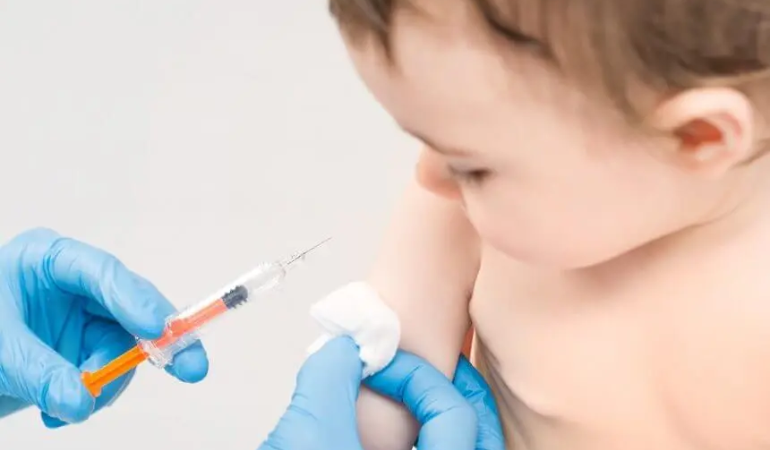Vaccinations are designed to protect children from a variety of serious and potentially life-threatening diseases. Some of the key diseases that vaccinations help prevent include:
Herd Immunity
Herd immunity occurs when a significant portion of the population becomes immune to a disease, thus providing a measure of protection for individuals who are not immune. This is especially important for:Preventing Disease Outbreaks
High vaccination rates are essential to prevent the outbreak of contagious diseases. When vaccination coverage drops, outbreaks can occur, leading to public health emergencies. Vaccinations help maintain community health by preventing the resurgence of diseases like measles and pertussis.Cost-Effective Healthcare
Vaccinations are a highly cost-effective health intervention. They prevent costly medical treatments, hospitalizations, and long-term care that would be required if a child were to contract a vaccine-preventable disease. For families, this translates to fewer medical expenses and less time taken off work to care for sick children.Safe and Effective
Vaccines undergo rigorous testing in clinical trials and continuous monitoring to ensure they are safe and effective. Serious side effects are extremely rare, and the benefits of vaccination far outweigh the risks. Vaccines are a reliable way to protect children from many dangerous diseases.Building a Healthy Future
Vaccinated children are more likely to attend school regularly, participate in activities, and develop socially and intellectually without the interruption of preventable diseases. By ensuring children are vaccinated, we are investing in a healthier future generation that can contribute positively to society.Addressing Common Concerns
Parents often have concerns about vaccinations. Here are answers to some common questions:Yes, vaccines are safe. They are rigorously tested and monitored for safety, with the risk of serious side effects being extremely low compared to their benefits.
No, vaccines do not overload the immune system. Children encounter numerous antigens daily, and vaccines represent only a small fraction of these.
No, extensive research has shown no link between vaccines and autism. The study that originally suggested this link has been discredited and retracted.

